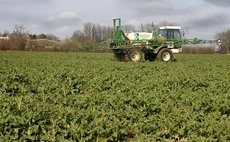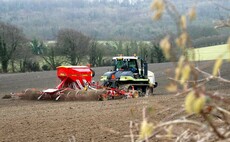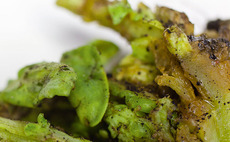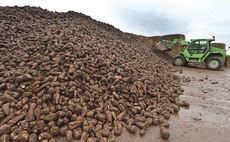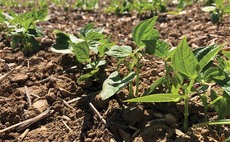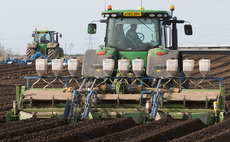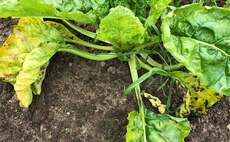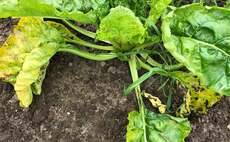Author profile
Arable
Two new farmers have joined AHDB’s Strategic Cereal Farm network in an expansion of the Farm Excellence programme to both the South and North of England.
Arable
An international consortium of academic and commercial seed companies from the USA, Canada, Europe and Israel have mapped the entire set of genes which make up canola (oilseed rape).
Arable
Much needed spring sunshine and some good drying days have allowed growers to get their spring drilling campaigns underway.
Arable
A combination of cabbage stem flea beetle larvae infestation and heavy frosts have knocked oilseed rape crops back in recent weeks.
Arable
An Emergency Authorisation for the use of Vydate 10G (oxamyl) for the control of free living nematodes in the 2021 sugar beet crop has been approved by HSE.
Arable
Rothamsted Research has confirmed that the virus yellows prediction for the 2021 sugar beet crop remains very low, with first flights of aphids likely to be six weeks later than last year.
Arable
The University of Warwick’s research commercialisation wing, Warwick Innovations, has signed a contract with Agrii to promote the commercial production of UK haricot beans.
Arable
All four emergency applications for the use of Vydate (oxamyl) in 2021 potato, carrot, parsnip, garlic and onion crops have been rejected by the Health and Safety Executive.
Arable
It is looking increasingly likely that the virus level forecast for the end of February 2021 will be below the threshold for triggering the Cruiser SB (thiamethoxam) derogation in sugar beet, says BBRO.
Arable
Early aphid migration, spring drought and cercospora infection at levels never seen before led to the perfect storm for sugar beet crops in 2020.

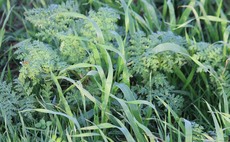
 11 March 2021
•
2 min read
11 March 2021
•
2 min read
